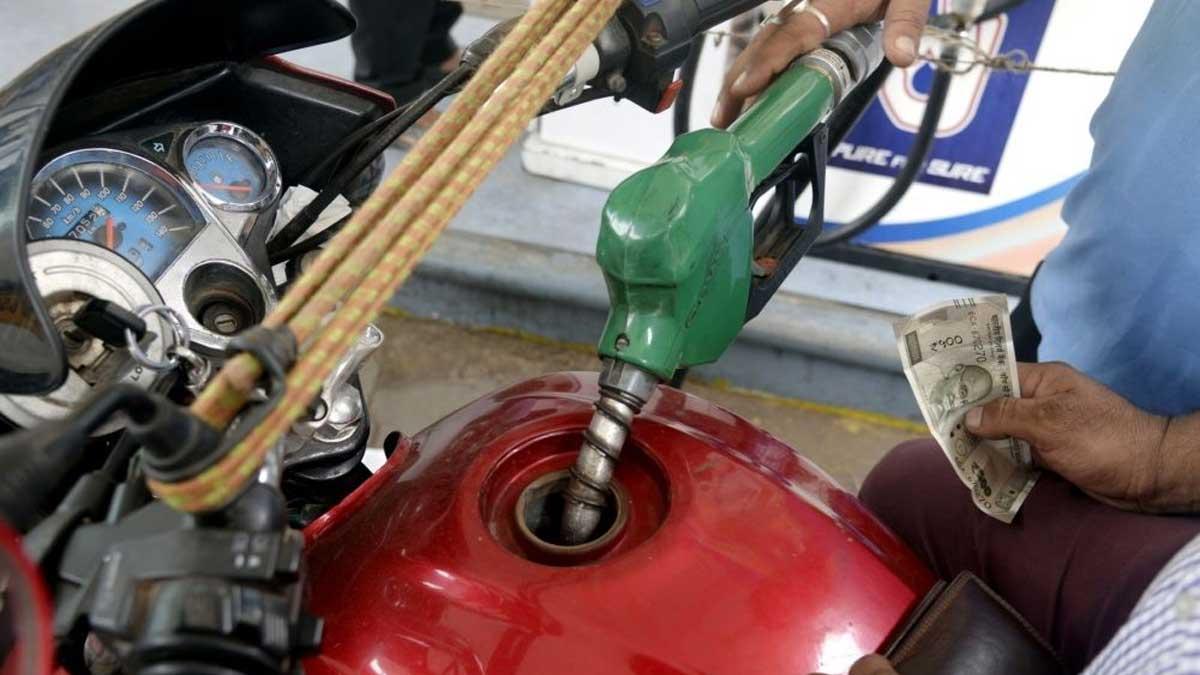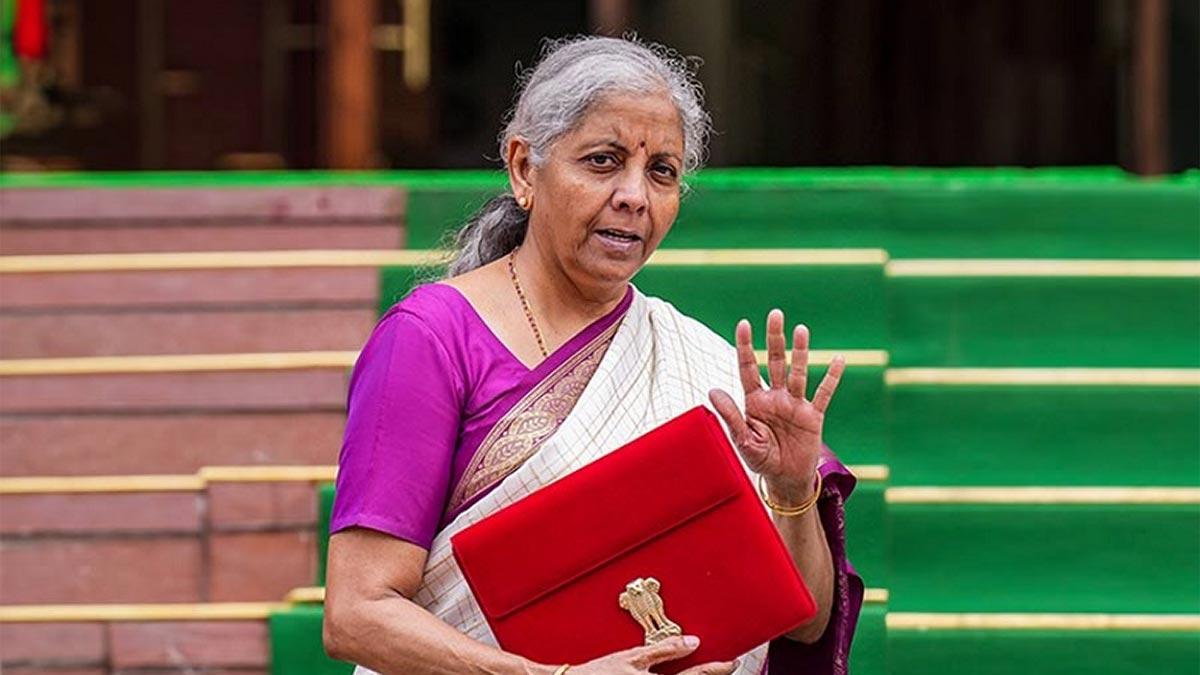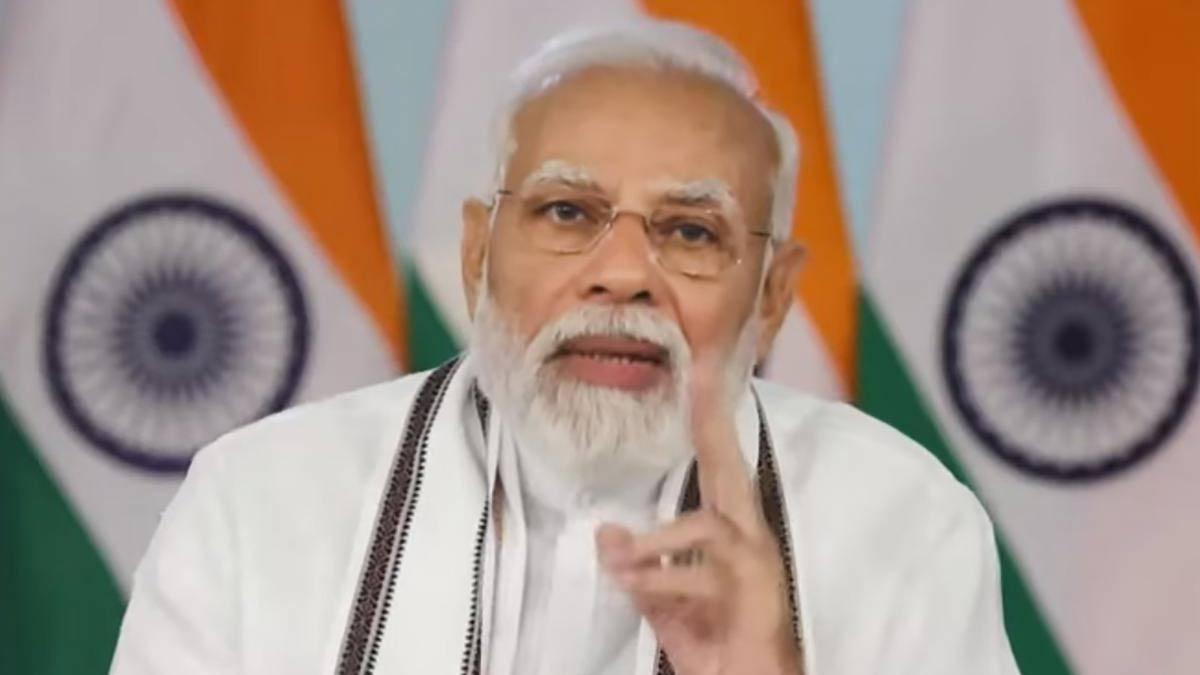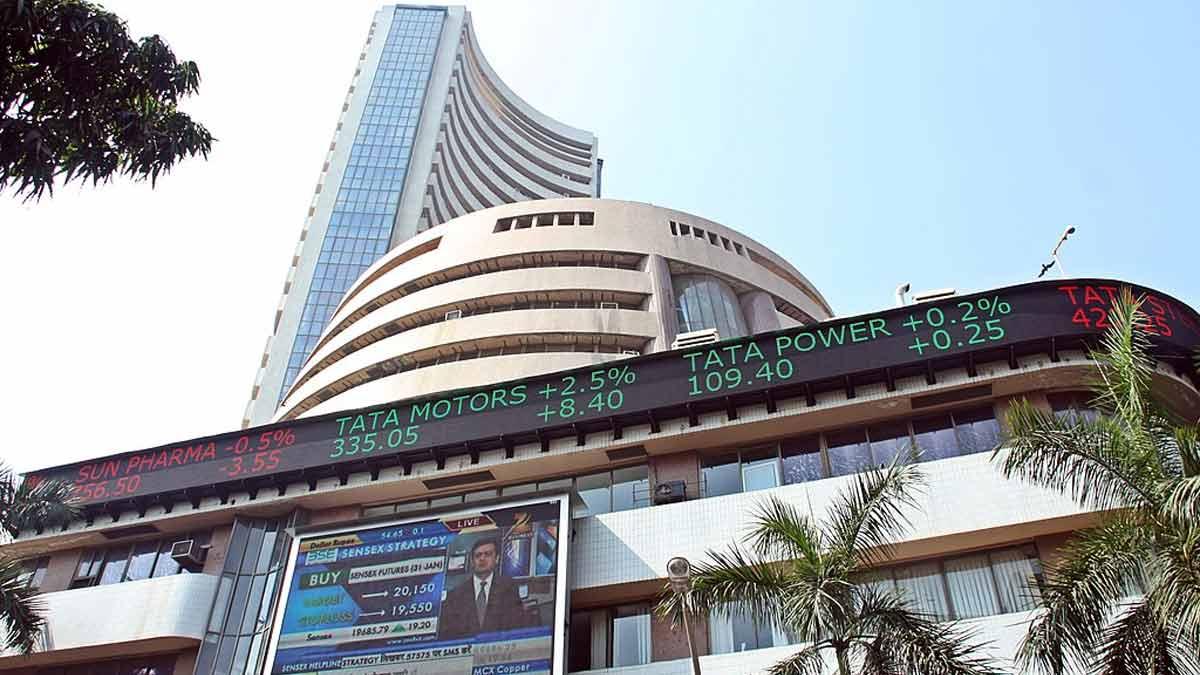State-owned oil companies have announced a welcome reduction in petrol and diesel prices by Rs 2 per litre each, marking the end of a prolonged hiatus in rate adjustments that lasted almost two years. This decision comes just before the impending announcement of the general election schedule, injecting a moment of relief for consumers.
Effective from 6 am on Friday, March 15, the revised prices will take effect, as confirmed by the oil ministry in its announcement on Thursday evening. In the national capital, petrol will see a decrease to Rs 94.72 per litre from the current Rs 96.72, while diesel will be priced at Rs 87.62, down from Rs 89.62.
In a departure from the norm, where petrol and diesel prices were determined by oil companies, the Ministry of Petroleum and Natural Gas took the lead in announcing the rate revision. This move, occurring just ahead of the general election schedule announcement, is strategic, considering the constraints imposed by the poll code, which prohibits measures that could influence voters.
This reduction follows closely on the heels of a recent Rs 100 per cylinder decrease in the price of cooking gas (LPG). These adjustments aim to provide relief to consumers, with LPG rates now at Rs 803 per 14.2-kg cylinder for common users and Rs 503 for those under the Ujjwala scheme after factoring in the government subsidy.
Differential pricing across states persists due to varying local taxes, with BJP-ruled Maharashtra registering the highest sales tax or VAT among metros.
The reduction in petrol and diesel prices is expected to have a cascading effect, positively impacting consumer spending, operating costs for heavy vehicles and cars, and various sectors reliant on transportation. Additionally, it will contribute to increased disposable income, bolstering tourism, controlling inflation, and boosting consumer confidence.
The backdrop of fluctuating international oil prices, which experienced volatility amidst geopolitical tensions and economic uncertainties, underscores the significance of these domestic adjustments. The freeze in fuel prices by state-owned retailers aimed to mitigate losses incurred during periods of heightened volatility, yet their financial performance remained robust, recording substantial profits.
Despite challenges posed by the global oil market dynamics, the recent reduction in fuel prices signifies a concerted effort to provide relief to consumers while navigating the complexities of the energy landscape.
Read also | Gautam Adani's Blueprint for Entrepreneurial Triumph: Unveiling Five Essential Mantras
Read also | UBS: India's Economy Demonstrates Resilience Against External Challenges


















